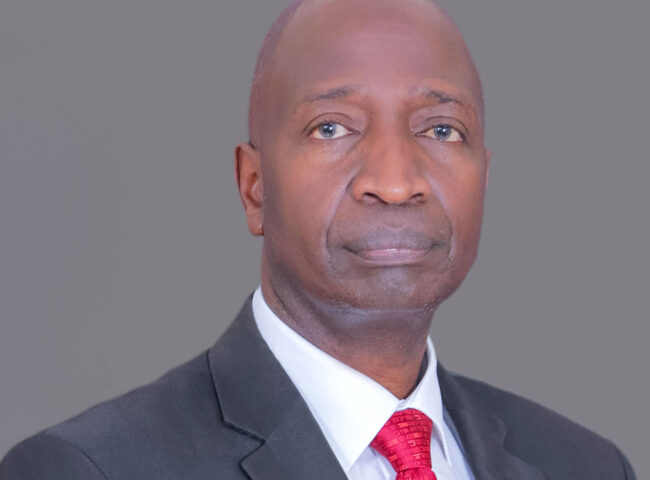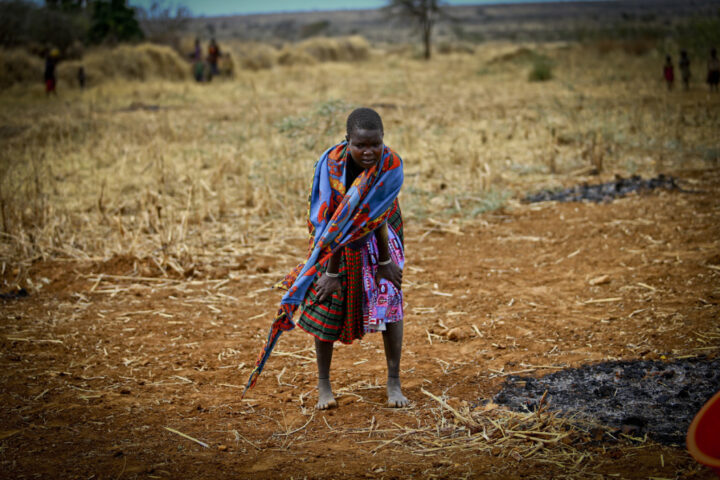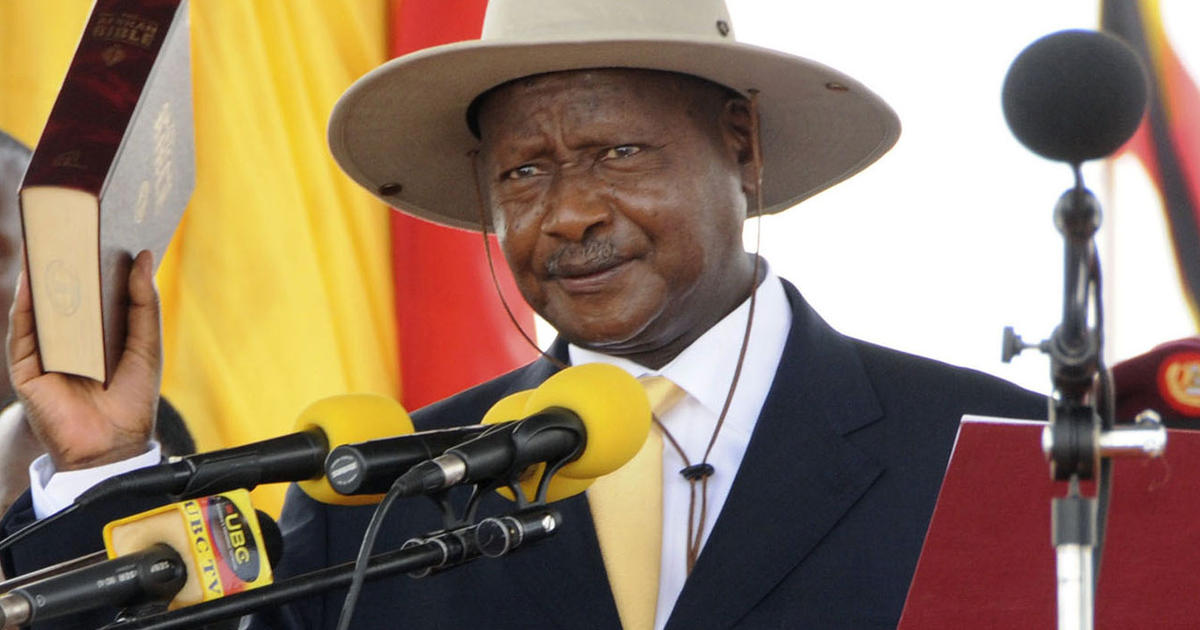The Ugandan authorities have released a statement, as promised, reporting a decision that Russia’s RT Global Resources of Russia is a preferred investor in its crude oil refinery project.
As we have reported earlier the negotiations to select a Lead Investor have been a dead heat between RT Global and South Korea’s SK group. Indeed, even if we staked that RT Global would probably take the day- based almost entirely on what the group it belongs to can offer the Ugandan military establishment, it was not obvious to us that the company could overcome the challenges in financing that would enable it to make the investment.
Despite today’s announcement the situation appears to remain unchanged.
The statement labors to say, in not so many words, that the government has not completely made up its mind. For example, even if the government has announced RT Global as a Preferred Bidder, it has also said it is keeping its options open for SK Group. Further it has gone in some detail to say why, highlighting the need to conclude specific undertakings by the Russian company. Unlike the last time when it joined the bidding process for the refinery, RT Global itself has not yet made an announcement about this award.
The Ugandan authorities are like a man who at his engagement party, kneels down offering a diamond encrusted ring to his future bride but says “ look we may be married some day but for now we are still dating”.
According to Mr. Fred Kabagambe Kaliisa the ranking technocrat in Uganda’s energy ministry “further negotiations” are “ to conclude the Project Agreements to the satisfaction of Government and the Lead Investor. These include the Project Framework Agreement, Shareholders Agreement, Implementation Agreement and the Escrow Agreement”; or basically “ show us the money” details.
A major headache for technocrats in this particular deal, like other capital-intensive projects, will be how it would hold up to public scrutiny. Sovereign backed projects by mostly Chinese companies offering attractive financing terms and rapid implementation timelines have nonetheless been controversial. Technocrats have to wrestle with due diligence, political strategic oversight [read influence peddling], and aggressive commercial tactics by participating companies [read bribery], all the while being expected to deliver “patriotic” terms on agreements.
The refinery is one of the major projects in the country and one of the most nationalist being conceived as it was against the instincts of International Oil Companies. The latter have campaigned exclusively for a crude export pipeline. Subsequently Uganda, one could argue, has driven to Russia’s waiting bear hug. The involvement of RT Global and its affiliates was a state-to-state affair that emerged out of arms dealings between the Ugandan and Russian authorities- and a common siege mindset that international capital did not have its best interests at heart.
But it also began before the volatility in oil markets and the situation in Ukraine and Crimea. The Russian energy sector is murky and RT Global’s Kremlin credentials may appeal to security minded decision makers at the heart of the Ugandan government but ultimately a crude oil refinery is simply a project to sell oil.
The careful wording of the statement on the announcement not only reveals some fence-sitting but also a lot of sweaty hedging by technocrats about how a decision was finally arrived at.
This is never a good sign.
Moreover technocrats led by Mr. Kaliisa who led the government team on a visit to Russia over a year ago [Energy Minister Irene Muloni joined but was apparently completely clueless about the details sources said asking Kaliisa mid-air what she was expected to do] have said they reserve the right to negotiate with SK Energy if all fails.
Uganda’s refinery is a key pillar of its oil and gas commercialization strategy. As we have said in the past- it is a sound approach to developing oil and gas resources for Uganda and for the economic community of East Africa. To deliver however the process has to be clear minded in its choice of capable partners, not just willing ones, and balance pragmatically between a commitment to national interest in the project design and protection against national shortcomings- including obviously the potential for corruption and profiteering.
RT Global Resources is especially difficult because even if it is a natural partner under Uganda’s unofficial policy of global balancing [ensuring that the sector is populated by a diversity of companies to avoid coming under the influence of their parent countries], the current oil price environment, potential sanctions on Russian companies including some members of the RT Resources group, and the closeness to oil for arms allegations, all present significant problems. Disclosures on shareholding, equity arrangements and financial incentives will also pile pressure on the government to show that this is smart national interest not simply ideologically inspired settlement.
In any event the Energy Ministry in its statement suggests there is some ways to go before this is concluded.









